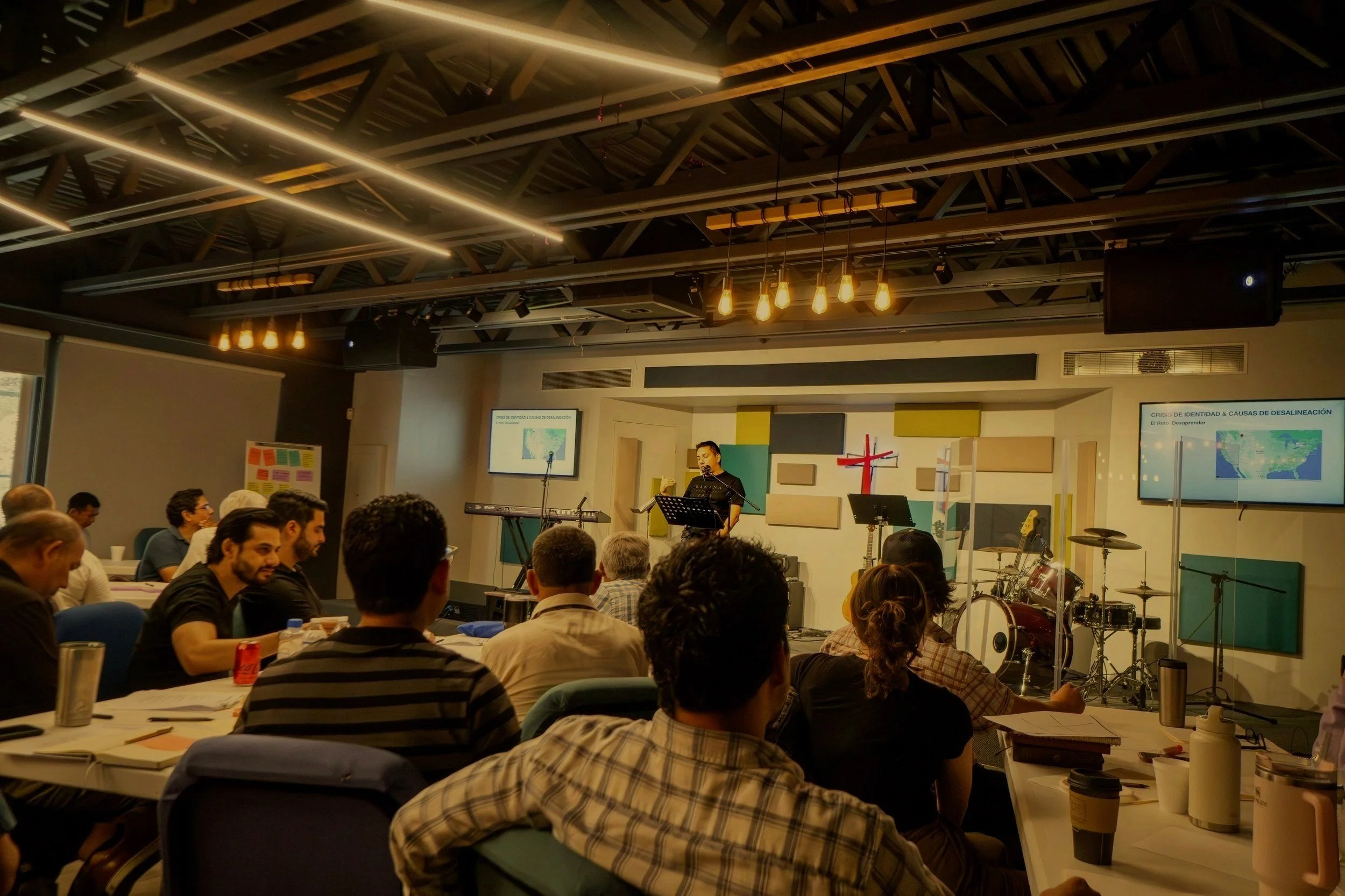What We Do
Covocacional exists to develop pathways for co-vocational leaders, propelling them into God’s mission so that we might see gospel saturation across Houston and Latin America. These pathways take shape through missional training processes—such as residencies, mentoring, and training centers—that equip leaders to live and serve missionally in every sphere of life. The missional framework Covocacional brings serves as a catalyst for the efforts of networks and churches, helping them cultivate a deeper missional DNA that strengthens and multiplies their work.
Why is Co-vocational Ministry Critical?
Co-vocational ministry is often seen as a “second-best” option compared to full-time ministry. However, this assumption needs to be challenged. Both full-time and co-vocational ministry have solid biblical foundations (1 Cor. 9:1–18) and unique advantages that serve the mission of God in different contexts. We believe co-vocational ministry is a vital complement to gospel expansion across Latin America and a strategic pathway for the future of the Church.
1. It cultivates a missional DNA in the local church.
Co-vocational ministry allows pastors and church planters to remain deeply engaged in their communities through their daily vocations. This broader network of relationships helps them better understand their cultural context, avoid becoming isolated from the world, and model a missional lifestyle for others. It also fosters dependence on the Holy Spirit and empowers the whole church—the priesthood of all believers—to participate in God’s mission together.
2. It promotes wise and sustainable use of resources.
When a local church is not the sole financial provider for its pastor, it is freed from a burden many young or small congregations cannot yet carry. This makes church planting possible in under-resourced areas that are often overlooked. It also allows churches to deploy funds more strategically—raising new leaders, investing in outreach, and multiplying ministries. In the long term, co-vocational models strengthen financial sustainability, reduce dependency on foreign support, and open the door for planting many more churches.
3. It strengthens leaders and families for long-term ministry.
In much of Latin America, pastors and planters face economic instability. Co-vocational ministry can provide additional income that allows leaders and their families to thrive and remain in ministry for the long haul. This stability fosters resilience, joy, and a deeper investment in their communities.
Latin America needs many more workers for the harvest. Investing in co-vocational leaders is not a compromise—it is a strategic opportunity. By embracing and empowering co-vocational ministry, the Church can multiply disciples, plant new congregations, and embody the gospel more fully in every sphere of society.
“For the earth will be filled with the knowledge of the glory of the Lord as the waters cover the sea.”


